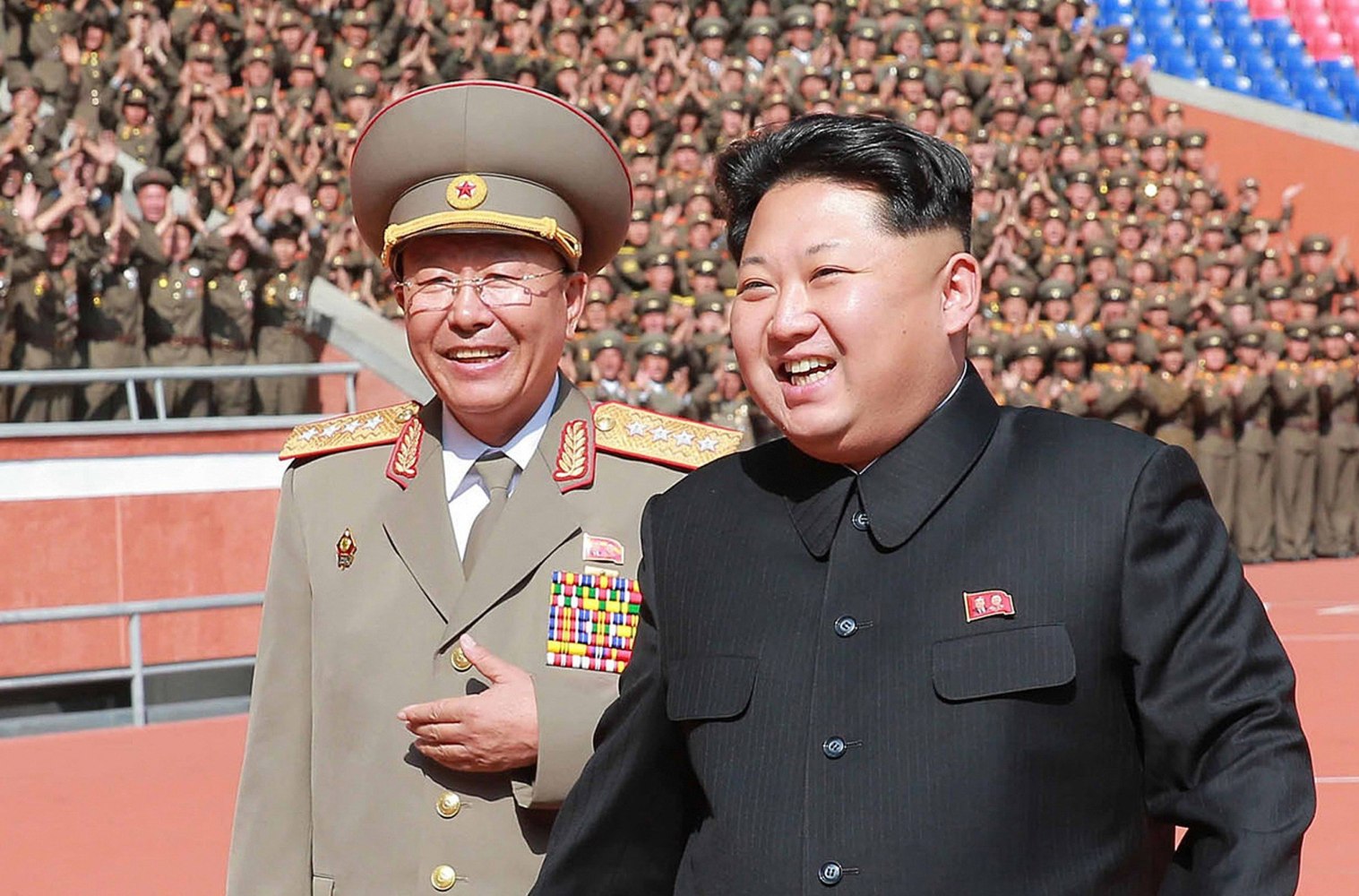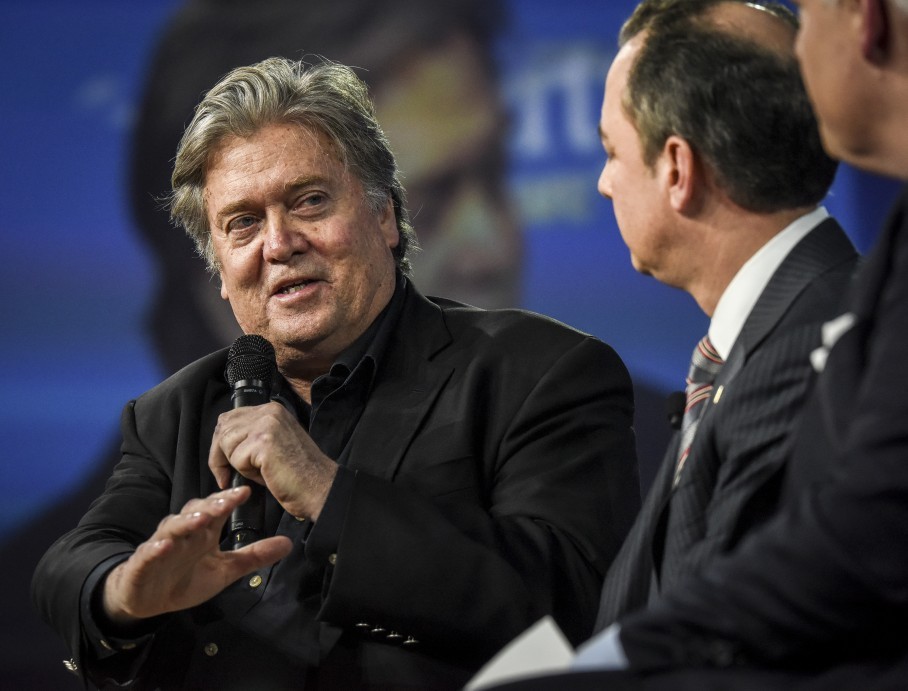 WASHINGTON POST
WASHINGTON POST
Donald Trump won significantly more votes than Paul Ryan in the House Speaker’s home county last fall, partly by making inroads with traditionally Democratic autoworkers who have struggled to adjust since losing their jobs when the General Motors plant in Janesville, Wisconsin, closed in 2008.
-- The president is traveling to Ryan’s congressional district this afternoon for an event at Snap-on, which manufactures hand tools. Trying to show his blue-collar base that he’s following through on his promises, Trump will sign a “Buy American, Hire American” executive order. The White House says it will make it harder for tech companies to replace American workers with cheaper foreign labor and strengthen rules barring foreign contractors from bidding on government projects. (
More details here.)
-- Today also happens to be the publication date for Amy Goldstein’s terrific new book, “Janesville: An American Story.” It is a close-up look at what happened after G.M. shut down the assembly line two days before Christmas, as the company sought to survive and the country tried to fend off another depression. In a city of 63,000, as many as nine thousand people lost their jobs.
Amy, a staff writer at The Washington Post for three decades, has doggedly pursued this project for six years now. She took a two-year leave from the paper to conduct research, immersing herself in the lives of a handful of people in the community. With 55 vignettes, some as short as a page, she weaves a powerful narrative about their struggles and their perseverance from 2008 to 2013. Throughout the story, as she writes at one point, “The carcass of a 4.8-million-square-foot cathedral of industry still sits in silence on the river’s edge.”

Paul Ryan gave then President-elect Trump a Green Bay Packers jersey during a "thank you" rally last December in West Allis, Wis. (Morry Gash/AP)
-- Trump’s name does not appear until page 292 of “Janesville,” but this really is one of the best books to understand how he could become the first Republican presidential candidate since Ronald Reagan to carry the Badger State.
To this day, most Washington elites don’t fully grasp just how painful the Great Recession was for tens of millions of Americans. Government spending increased, and the military-industrial complex prospered, so D.C. denizens were mostly insulated from the economic crisis.
-- Importantly, Janesville is not part of the Rust Belt. Places like Youngstown, Ohio, and Pittsburgh have been decaying for decades. But this area was faring relatively well until the 2000s. Generations of Janesville kids, going back to 1923, grew up excited to follow their dads onto the assembly line so they too could make Chevys. They saw a union card, not a college degree, as the ticket to a respectable middle-class livelihood.
-- Trump’s name does not appear until page 292 of “Janesville,” but this really is one of the best books to understand how he could become the first Republican presidential candidate since Ronald Reagan to carry the Badger State.
To this day, most Washington elites don’t fully grasp just how painful the Great Recession was for tens of millions of Americans. Government spending increased, and the military-industrial complex prospered, so D.C. denizens were mostly insulated from the economic crisis.
-- Importantly, Janesville is not part of the Rust Belt. Places like Youngstown, Ohio, and Pittsburgh have been decaying for decades. But this area was faring relatively well until the 2000s. Generations of Janesville kids, going back to 1923, grew up excited to follow their dads onto the assembly line so they too could make Chevys. They saw a union card, not a college degree, as the ticket to a respectable middle-class livelihood.
Ryan, who refused to campaign with or defend Trump after the “Access Hollywood” tape came out last October, will miss Trump’s event in Kenosha today. He’s leading a congressional delegation in Europe, focused on reassuring NATO allies about the U.S. commitment to the alliance.

This is in the parking lot outside the UAW local in Janesville. (Alyssa Schukar for The Washington Post)
-- In many ways, the town is a useful microcosm to understand the broader trends Trump capitalized on:
Union power has dramatically dissipated. The United Auto Workers local shrank from 7,000 active members to 438 by 2012, with 4,900 retirees. To make money, the union started renting out its hall – once a heart of the community. A major festival over Labor Day weekend has gotten smaller. In 2014, Labor Fest went from three days to two. Then it was canceled altogether in 2015 on short notice. It managed to resume in 2016, but the future is precarious.
The civil war in Wisconsin after Scott Walker took on public employee unions also divided Janesville. Some of the civility that the town had really prided itself on was lost during the recall fight in 2012.
Jobs have finally come back to Janesville, but they don’t pay as well. And they’re not in manufacturing. The unemployment rate recently slipped below 4 percent, but many who are working again are not earning enough for the comfortable lives they had a decade ago. Rock County had about 9,500 manufacturing jobs in 2015 – about half as many as in 1990.
Dollar General decided to put a distribution center on the south side of town, thanks to generous incentives offered by the city. But most of the jobs will pay $15 an hour – compared to the $28 a lot of guys earned at GM before the plant closed. But people will take what they can get: A Dollar General job fair not long before Amy’s book went to press drew three thousand people.

Many folks who lost jobs never fully regained their confidence. Working with the University of Wisconsin Survey Center, Amy conducted a major survey of Rock County residents. She includes the results in an eight-page appendix: More than one in three who responded had lost work or lived with someone who had. Economic pessimism lingered years after the recession itself. Attesting to the financial and emotional pain that losing work caused people, half said they have had trouble paying for food and nearly two-thirds reported strain in family relationships. Three-quarters of the people who responded, in 2013, said that the U.S. economy was still in a recession. Slightly more than half said their financial situation was worse than before the recession. (
Buy Amy’s book here.)







/cdn0.vox-cdn.com/uploads/chorus_asset/file/8324091/510757288.jpg)

